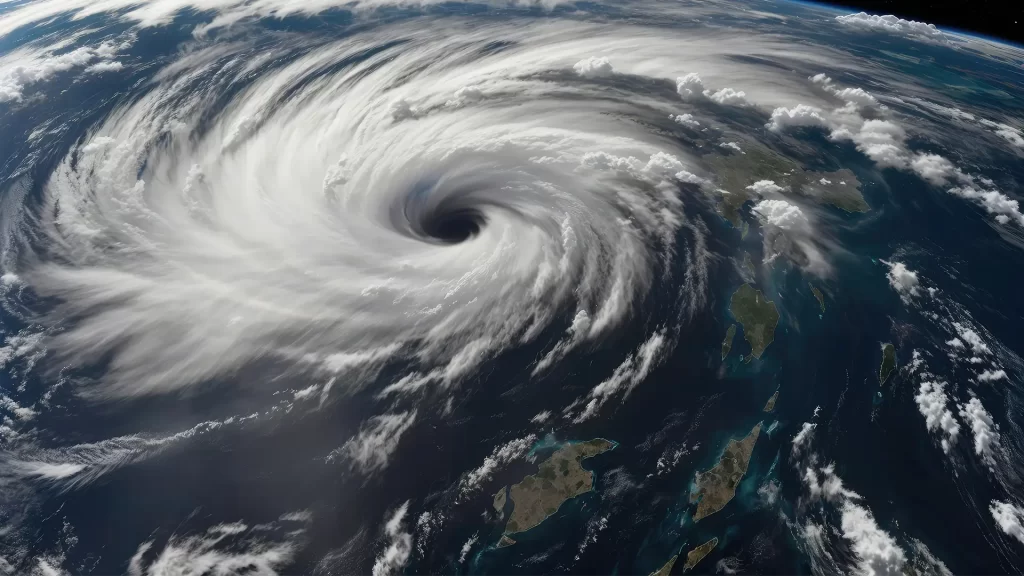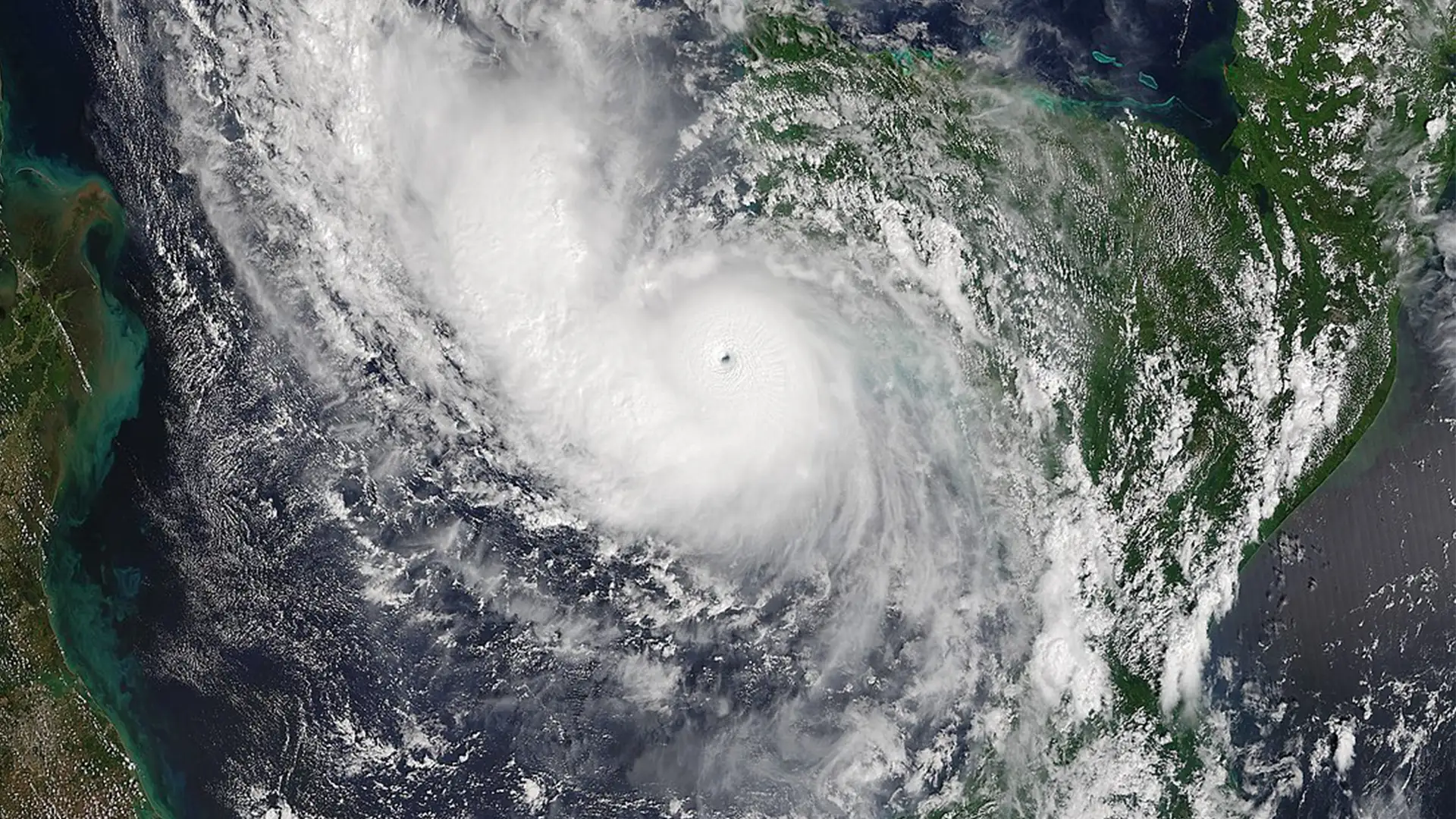Hurricane Milton, a catastrophic Category 5 storm, has captured global attention as it nears the U.S. and Mexican coasts. Milton developed rapidly, surprising meteorologists by intensifying from a tropical storm to a major hurricane within just 24 hours. As of October 9, 2024, the storm has sustained winds reaching up to 160 mph (Category 5) and poses severe risks, especially for Florida, which is expected to face devastating storm surges and winds when it makes landfall.
Florida’s Preparations
Florida has been in full crisis mode as residents brace for Hurricane Milton. Areas along the western coast, including Tampa Bay, have issued evacuation orders, especially in regions threatened by a storm surge that could reach up to 15 feet. Flood watches are in place for nearly 15 million Floridians. Emergency response efforts have been mobilized, including the opening of shelters and highways designated for evacuation routes to help people move inland. Authorities are warning of life-threatening conditions, with power outages and extensive infrastructure damage expected (WUSF )(Wikipedia).

Mexico’s Response
Mexico, particularly the Yucatán Peninsula, has also been preparing for the impact of Hurricane Milton. While Mexico is not directly in the hurricane’s immediate path, it has already experienced tropical storm conditions along the coastlines of Campeche, Yucatán, and Quintana Roo. The Mexican government has issued hurricane warnings and mobilized military and emergency personnel to assist in evacuations and recovery efforts. The island of Holbox saw 2,700 residents evacuate ahead of the storm, and public services, including transportation and schools, have been suspended in affected regions. The Federal Electricity Commission (CFE) has been actively deploying workers to restore power following the storm’s passage (Wikipedia).
What to Do in Case of a Hurricane
If you live in or near hurricane-prone areas, it’s crucial to stay informed and act quickly. Here are key safety steps:
- Evacuate if Advised: Follow local government directives regarding evacuations. Do not wait until the last minute to leave, as roads may become congested or unsafe.
- Prepare Your Home: If you’re staying, board up windows, secure outdoor items, and stock up on essentials like water, non-perishable food, flashlights, and batteries. Fill bathtubs with water in case utilities are disrupted.
- Emergency Kit: Your emergency kit should include enough food, water, medications, and first-aid supplies to last for at least three days. Don’t forget important documents, cash, and a means of communication, such as a battery-powered radio.
- During the Storm: Stay indoors, away from windows, and monitor official updates on weather conditions. Avoid using electrical devices unless absolutely necessary, and have flashlights ready in case of power outages.
- After the Storm: Be cautious of flooded areas, downed power lines, and structural damage. Avoid driving through flooded streets, as the depth of the water can be deceiving.
By taking early action, you can greatly reduce the risk to yourself and your family. Both Florida and Mexico are preparing for significant impacts from Hurricane Milton, and their coordinated efforts will hopefully mitigate some of the destruction that the storm is predicted to cause.








































Leave a Reply